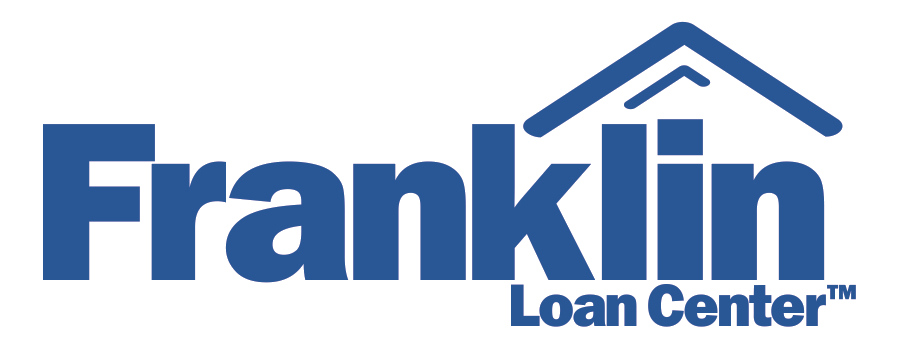Refinancing Expectations
Filed under: Mortgage Rates
 One of the biggest questions current homeowners are asking themselves is if they should refinance or not. According to the Mortgage Brokers Association, it is predicting that mortgage rates will rise slightly throughout 2013. So, should you refinance immediately? Well, here are a few things you can expect when you are thinking about refinancing.
One of the biggest questions current homeowners are asking themselves is if they should refinance or not. According to the Mortgage Brokers Association, it is predicting that mortgage rates will rise slightly throughout 2013. So, should you refinance immediately? Well, here are a few things you can expect when you are thinking about refinancing.
1. Ask yourself what you are really trying to accomplish.
You may have heard great things about refinancing with these historic low rates. Zillow’s Vera Gibbons suggests you run the numbers and check out all of the various scenarios. You might just find out that trading in your 30-year fixed rate for a new 30-year fixed rate with lower payments isn’t really the best option for you. You may find out that it will make better financial sense to trade in your current mortgage for a 15 year fixed, 20 year fixed, or 25 year fixed rate with slightly higher payments. Or, you might decide to just make extra payments on your mortgage when you can. It is definitely a personal choice and one that we can help you decide what is the best option to take.
Another important reason for refinancing is eliminating mortgage insurance. With values on the rise in many areas, you may have sufficient equity to refinance without mortgage insurance.
2. Start gathering all of your documents.
You will definitely need to gather all of your important documents. Remember that to get the best rates you will need proof of income, copies of your asset information, and two years of tax returns. If you are not sure about your home’s equity, we can figure that out for you. In addition, we will explain all of the documentation you will need if you decide to refinance. All loans are “full doc” these days.
3. Submitting that application.
Once you apply, your lender will pull your credit score. Your lender has three business days to give you a “good faith” estimate, which will show all of the loan costs. Remember that your credit score or home appraisal can be a factor determining if you will have to pay more, have to accept a smaller loan, or even not qualify for the refinance.
4. The waiting period.
It may take between 30 and 90 days to close, but typically closer to 30 days. During this time, an underwriter is carefully looking over everything and may have some questions for you that you will have to justify. These might be about specific bank deposits, your job, and/or any financial information that needs clarification. We’ll work together with you to help provide any requests from the underwriter.
5. The Lock in rate.
By locking in an interest rate, you are guaranteed that rate for a specific amount of time, even if the rates increase. Now, this rate may be for 30 or 60 days, but you are protected from rising rates once you are locked in. There are times, however, when the lock on your rate could expire and you could be subject to higher costs. Therefore, it serves you to be well prepared and to respond quickly to questions your lender may have or documentation that is required by an underwriter.
If refinancing is something you are considering, please give me a call and I can take your through all of the options to make sure you are comfortable with whatever you decide to do.

 Franklin Loan Center | NMLS 237653
Licensed by the Department of Financial Protection and Innovation under the California Residential Mortgage Lending Act, 4131316
Franklin Loan Center | NMLS 237653
Licensed by the Department of Financial Protection and Innovation under the California Residential Mortgage Lending Act, 4131316